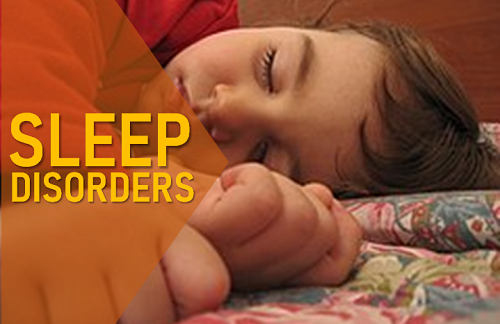N.B. Nair
New Delhi (ISJ): On 22 March 1989, the United States witnessed the largest ever oil spill in Alaska waters. A tanker Exxon Valdez hit the reef and approximately 11 million gallons of oil spread over 1,300 miles of coastline. The accident caused massive damage to marine life, wildlife, and the local community on the Alaska coastline.
The initial assessment of the cause of the accident was considered to be the Bligh Reef that struck the ship, but later investigations found, negligence and an overworked or sleep deprived crew were the major causes of the accident, though there were other reasons like lack of traffic regulation systems by the Coast Guard.
Sleep disorder is a public health issue, but it did not get much attention in medicine. Only in the mid-2000s, serious research on sleep disorders began. The pace of research and discovery on sleep accelerated since 2005.
Sleep was grouped under the heading of sleep disorders – ranging from sleep apnoea, which dealt with an ear, nose, and throat specialist or cardiologist, to restless legs syndrome, handled by a neurologist or general physician.
“Today, researchers are more deeply probing the cellular and subcellular effects of disrupted sleep, as well as the effects of sleep deprivation on metabolism, hormone regulation, and gene expression. Newer studies are strengthening known and suspected relationships between inadequate sleep and a wide range of disorders, including hypertension, obesity, and type-2 diabetes, impaired immune functioning, cardiovascular disease and arrhythmias, mood disorders, neurodegeneration and dementia, and even loneliness,” reads an article on National Centre for Biotechnology Information of the US National Library of Medicine.
As late as 2017, three scientists – Michael Rosbash, Jeffrey Hall, and Michael Young won the Nobel Prize for Medicine or Physiology for their work on the genetic basis of circadian rhythms. Their studies have unravelled the molecular clock in human body —a network of timekeeping genes and associated proteins that are transcribed, translated, and degraded in a daily cycle.
These genes have also been found to be associated with bipolar disorder, depression, and other mood disorders. Some sleep disorders have been discovered to be markers of Parkinson's disease, Lewy body dementia, and multiple system atrophy. Additionally, the development of portable monitoring devices has enabled practitioners to assess sleep in real-world environments including at home. Finally, the elucidation of the pathophysiology of narcolepsy—caused by the selective loss of neurons that secrete the wake-promoting neuropeptide orexin—has led to the development of novel drugs for insomnia.
While scientists are still working to identify and clarify all of the functions of sleep, decades of studies have confirmed that sleep is necessary for our healthy functioning and even survival.
Long and Short-term impact of sleep disorders
Sleep plays a critical role in brain function and systemic physiology, including metabolism, appetite regulation, and the functioning of immune, hormonal, and cardiovascular systems.
Short-term consequences of sleep disruption include increased stress responsivity; somatic problems; reduced quality of life; emotional distress; mood disorders and other mental health problems; cognition, memory, and performance deficits; and behaviour problems in otherwise healthy individuals.
Long-term consequences of sleep disruption in otherwise healthy individuals include hypertension, dyslipidaemia, cardiovascular diseases, weight-related issues, metabolic syndrome, and Type 2 Diabetes. Evidence suggests that sleep disruption may increase the risk of certain cancers and death. It may also worsen the symptoms of some gastrointestinal disorders.
According to The Lancet, sleep disorders are an underappreciated public health problem but have far-reaching effects on population health and economic wellbeing. “For example, insomnia occurs in up to a third of adults. Excessive daytime sleepiness can reduce productivity and safety in the workplace. In the classroom, children's education suffers, and on the roads, up to a third of traffic accidents are caused by sleep deprivation,”
Insufficient sleep and sleep disorders are highly likely to rise. Anthropological investigation has shown that insomnia is inextricably linked with modern life (insomnia occurs in 10–30 percent of people living in industrialised societies compared to less than 2 percent in hunter-gatherer populations in Namibia and Bolivia).
Psychosocial stressors, alcohol consumption, smoking, and lack of exercise are associated with sleep disturbance. Additionally, increased use of technological devices—particularly smartphones among younger people—in the bedroom around the time of sleep leading to exposure to blue light, is considered a potential cause of sleep-wake rhythm disorders.
Though sleep is an activity that takes up a third of every human being’s life, it has received less attention than it deserves from practitioners and policymakers of healthcare.
Sources: The Lancet/US National Institute of Health
Image Courtesy: Wikimedia Commons


